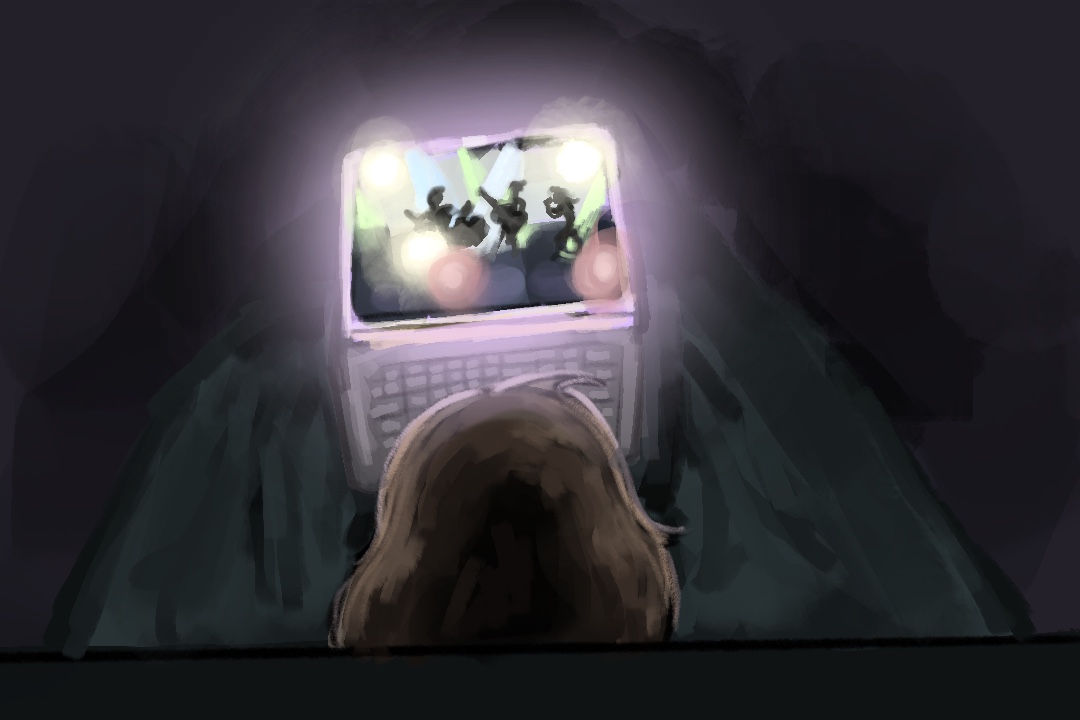Many musicians took advantage of the shift from in-person to online events during the pandemic. For instance, when BTS had to cancel their Map of The Soul world tour, they instead held their first successful online concert, Bang Bang Con: The Live, in April 2020.
Online events are a long overdue innovation. Concerts are expensive to attend and the venues are far from where people live — the Rogers Centre is 45 minutes away from me on a good day. Furthermore, especially now during the pandemic, it can be risky to attend large concerts.
Virtual concerts remove every one of those issues. They’re significantly cheaper, for one thing. Plus, concertgoers don’t have to leave their homes and, as a result, can stay safe. However, virtual concerts are only successful when artists know people will buy tickets regardless of whether the event is in person or online.
The University of Toronto Mississauga Students’ Union’s (UTMSU) SaugaFest — a virtual concert held on September 16 — was not one of those events.
Online concerts don’t provide nearly the same experience as in-person events do, and events that rely more on social interaction between the audience and the performer suffer even more. A trailer detailing SaugaFest 2017’s itinerary depicted large crowds of people interacting with each other. Some people played carnival and team-based games while others attended live demonstrations and talks, but the common factor in all of the events was the togetherness.
Unsurprisingly, these experiences cannot be easily replicated online. That’s probably why the UTMSU decided to limit SaugaFest 2021 to a musical performance by artist Lucky Daye. However, there was another factor that the union failed to consider. Online musical events seem to only work when they already have a dedicated fanbase, which SaugaFest unfortunately does not seem to have.
Instead, SaugaFest’s success banks on the audience networking and participating in activities. People who attend SaugaFest may expect to make friends, and network with club managers and upper-year students. An online concert forgoes SaugaFest’s most important aspect: socialization.
Concerts usually involve some level of audience interaction — singing along or shouting when the musician asks if you’re having fun. Unlike events such as the pre-pandemic SaugaFest, most of the concert experience is listening to music and watching the performance, which can easily be done through a livestream. For example, BTS’ online concert on June 13 and 14, BTS 2021 Muster Sowoozoo, garnered 1.33 million paid viewers in total. They even arranged for a select number of fans to connect via Zoom and cheer on dozens of screens placed near the physical stage.
Similarly, the Institute of Communication, Culture, Information and Technology (ICCIT), a department of UTM, took advantage of Gather.Town, an interactive virtual space, for their 2021 graduation party. I logged on to the site, created my virtual character, and walked around to different students and professors to converse with them. The virtual party had different rooms that held games and a main auditorium for speeches. If SaugaFest used a similar format, say, for a social bit at the end of the concert, it could have been more successful in replicating the in-person experience of going to orientation.
Ideally, all future in-person events will also be held online so that people who can’t attend due to price, distance, or COVID-19 fears, among other things, can still enjoy the experience. BTS is already ahead of the game, planning to do an online concert on October 24 as well as in-person US concerts in November and December.
If the UTMSU took into account that SaugaFest’s most important trait was socialization and implemented a feature — like ICCIT did with Gather.Town — that allowed the audience to interact, play a few games, and give performer Lucky Daye loud applause, the online concert might have been more successful.
I believe that hybrid concerts are the future — but while we’re still hesitant about large crowds, online concerts can be successful if we take the right steps to make them engaging and fun.
Sherene Almjawer is a recent graduate who majored in communication, culture, information & technology, and professional writing and communication.


